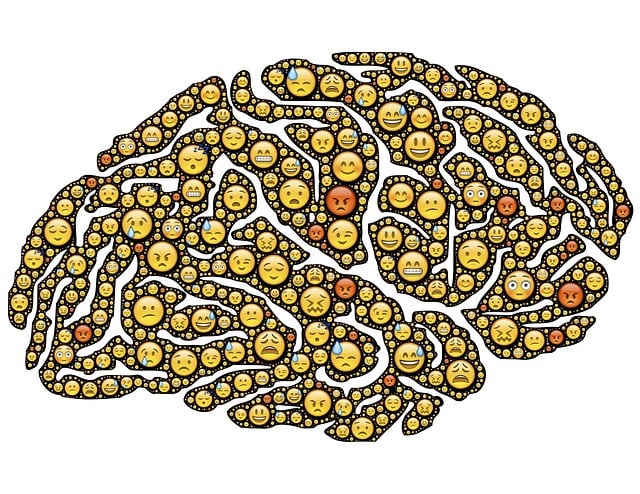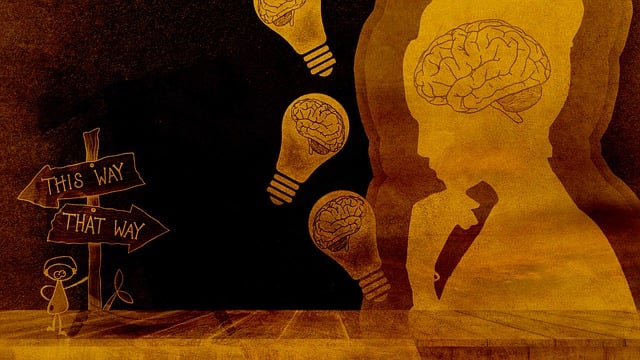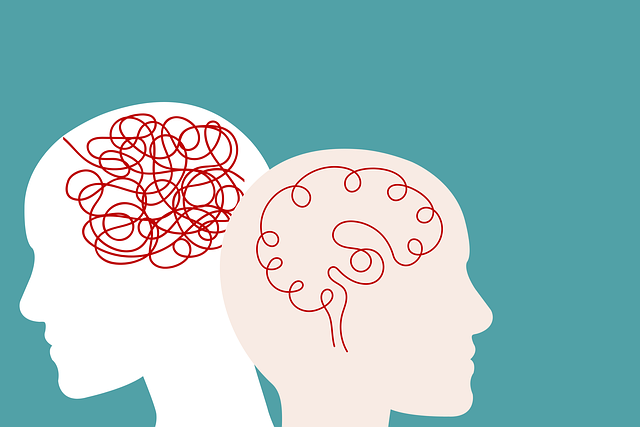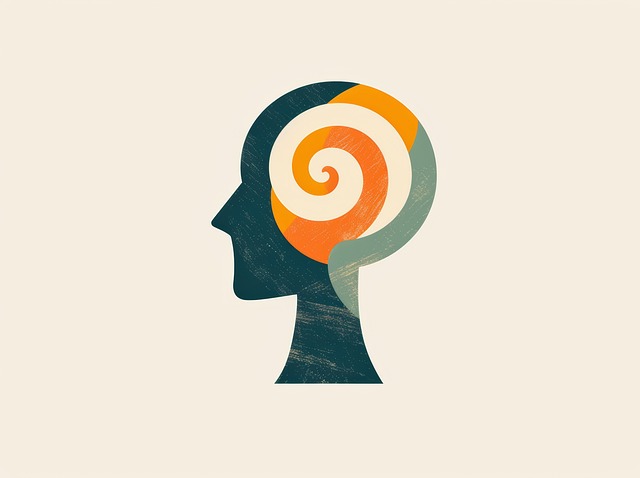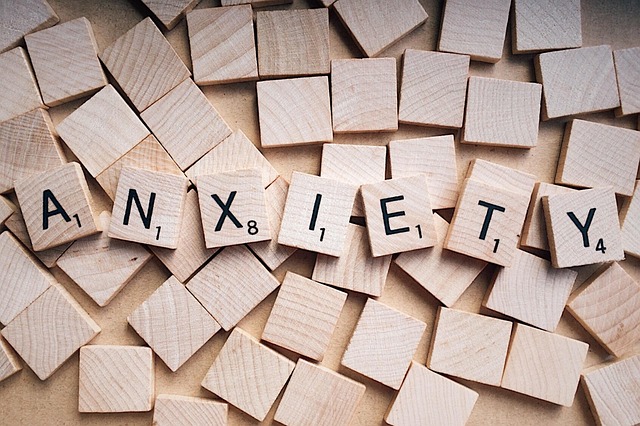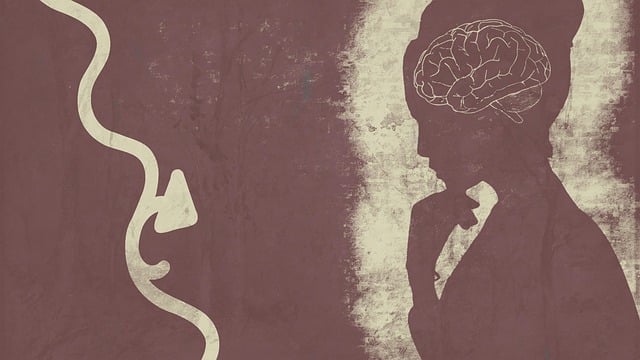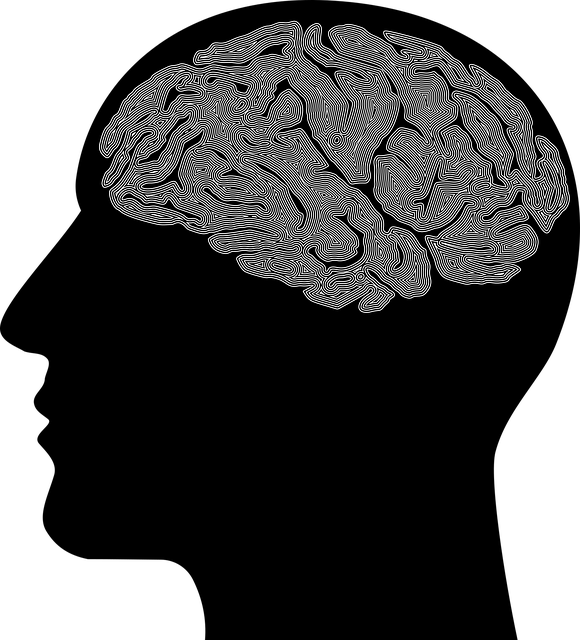In today's diverse societies, cultural sensitivity is key for effective mental health care. Castle Rock EMDR Certified Therapy combines Eye Movement Desensitization and Reprocessing (EMDR) with cultural competency to address trauma and identity issues across varied backgrounds. Community outreach programs bridge the gap between services and culturally diverse communities, improving accessibility and understanding of therapeutic methods. Building trust through inclusive environments and active listening, therapists foster deep connections and validate clients' experiences. Ethical considerations are crucial in cross-cultural therapy, with Castle Rock EMDR Certified Therapists navigating power imbalances and cultural biases. By integrating evidence-based practices with cultural understanding, this holistic approach empowers individuals to heal holistically while respecting their unique cultural tapestry.
In today’s diverse society, cultural sensitivity in mental healthcare is paramount. Understanding cultural diversity shapes effective treatment strategies and significantly impacts patient outcomes. This article explores key aspects of culturally sensitive practice, including the role of Castle Rock EMDR Certified Therapy in mitigating cross-cultural barriers. We delve into building trust with diverse patients, ethical considerations, and enhancing cultural competency to ensure every individual receives tailored, respectful care.
- Understanding Cultural Diversity and Its Impact on Mental Health
- The Role of Castle Rock EMDR Certified Therapy in Culturally Sensitive Practice
- Building Trust and Respect with Diverse Patients
- Navigating Ethical Considerations in Cross-Cultural Therapy
- Enhancing Cultural Competency for Improved Patient Outcomes
Understanding Cultural Diversity and Its Impact on Mental Health

In today’s diverse societies, mental healthcare professionals must embrace cultural sensitivity to deliver effective treatment. Cultural diversity encompasses a wide array of factors, including ethnicity, religion, language, and socio-economic backgrounds, each bringing unique perspectives and experiences that shape an individual’s mental health journey. Recognizing this complexity is paramount in providing Castle Rock EMDR Certified Therapy. Understanding cultural nuances allows therapists to create safe, inclusive environments fostering positive thinking and emotional well-being promotion techniques tailored to each client’s needs.
Community outreach programs have proven instrumental in bridging the gap between mental healthcare services and culturally diverse communities. By implementing these initiatives, professionals can enhance accessibility, address specific cultural barriers, and promote understanding of various therapeutic approaches. This holistic approach not only improves outcomes for individuals seeking support but also contributes to a more inclusive and supportive mental health landscape.
The Role of Castle Rock EMDR Certified Therapy in Culturally Sensitive Practice

Castle Rock EMDR Certified Therapy plays a pivotal role in enhancing cultural sensitivity within mental healthcare practices. This therapeutic approach, rooted in Eye Movement Desensitization and Reprocessing (EMDR), is designed to help clients process traumatic memories and emotions effectively. By integrating cultural competency principles, Castle Rock EMDR Certified Therapists navigate the nuanced challenges faced by individuals from diverse backgrounds. They understand that trauma doesn’t exist in a vacuum; it’s deeply intertwined with cultural identities, beliefs, and experiences.
This specialized therapy goes beyond traditional risk assessment for mental health professionals. It prioritizes the individual’s cultural context, ensuring that Trauma Support Services are tailored to their specific needs. By addressing the Mental Illness Stigma Reduction Efforts, therapists foster an environment of understanding and empathy, allowing clients to heal holistically. The Castle Rock EMDR approach empowers individuals to overcome traumatic experiences while respecting and embracing their unique cultural tapestry.
Building Trust and Respect with Diverse Patients

Building trust and respect with diverse patients is a cornerstone of effective mental healthcare practice. In a world where cultural backgrounds, beliefs, and experiences vary widely, therapists must strive to create an inclusive and understanding environment for every individual who walks through their door. This means going beyond surface-level knowledge and actively listening to the unique stories and perspectives of their patients. By embracing cultural sensitivity, professionals like Castle Rock EMDR Certified Therapists can foster deep connections, ensuring that each client feels validated and supported throughout their healing journey.
Incorporating positive thinking and trauma support services tailored to diverse populations is essential for preventing burnout among healthcare providers. Recognizing the impact of unaddressed cultural barriers can help in delivering more personalized care, ultimately enhancing patient outcomes. By integrating evidence-based practices with a deep understanding of different cultures, therapists can create a safe space where individuals feel empowered to share their stories and work towards healing. This holistic approach not only strengthens the therapeutic relationship but also prepares healthcare providers for the challenges and rewards that come from navigating diverse mental health needs in today’s society.
Navigating Ethical Considerations in Cross-Cultural Therapy

Navigating ethical considerations is an integral part of cross-cultural therapy, especially in a diverse society like ours. Castle Rock EMDR Certified Therapy professionals must be mindful of the potential power imbalances and cultural biases that can exist between therapist and client. These dynamics can significantly impact the therapeutic process and outcomes, particularly when working with individuals from different ethnic backgrounds or those who hold alternative beliefs and values.
Mental Health Policy Analysis and Advocacy plays a crucial role in ensuring equitable access to care for all communities. By understanding and respecting cultural differences, therapists can create a safe and inclusive environment that fosters trust and encourages open communication. This approach not only benefits individual clients but also contributes to the broader goal of promoting mental wellness through culturally sensitive practices. Additionally, incorporating Mental Wellness Journaling Exercise Guidance can help clients process their experiences and reflect on their progress within the context of their unique cultural frameworks.
Enhancing Cultural Competency for Improved Patient Outcomes

In today’s diverse society, cultural sensitivity is paramount in mental healthcare practice to ensure equitable and effective treatment for all patients. Enhancing cultural competency means understanding and appreciating the unique cultural backgrounds, beliefs, and values of individuals seeking support. This holistic approach goes beyond language translation services, delving into the complex interplay of identity and mental health. By integrating practices like Castle Rock EMDR Certified Therapy, healthcare providers can facilitate profound healing while respecting and validating diverse perspectives.
Implementing comprehensive training programs, such as Healthcare Provider Cultural Competency Training, equips professionals with the skills to navigate cultural nuances, dispel stereotypes, and create inclusive environments. This is particularly crucial when addressing issues like trauma, where Mental Health Awareness and Trauma Support Services must be culturally tailored to avoid re-traumatization and foster healing. Through ongoing learning and self-reflection, mental healthcare providers can better serve diverse communities, ultimately improving patient outcomes and fostering a more equitable system.
In today’s diverse society, cultural sensitivity is paramount in mental healthcare. By understanding cultural diversity and its impact on mental health, therapists can effectively utilize tools like Castle Rock EMDR Certified Therapy to build trust and respect with patients from various backgrounds. Navigating ethical considerations ensures a culturally competent approach that enhances patient outcomes. Embracing these principles not only benefits individuals but also fosters a more inclusive and effective mental healthcare system.
